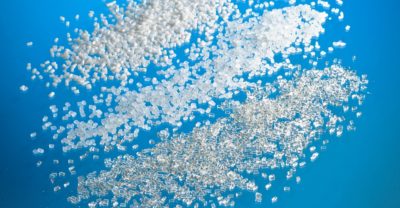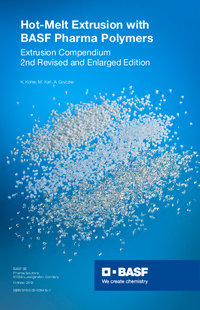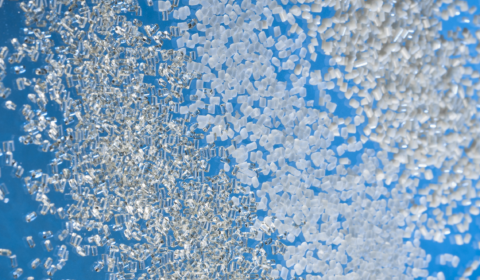The New Frontier of Amorphous Solid Dispersions (Symposium Series)
The field of amorphous solid dispersions (ASDs) is experiencing a deepening of understanding and expansion of adoption. Thought-leaders and industry partners are rethinking established core principles of ASD formulation, exploring new way of accessing amorphous drug dosage forms, and articulating new guidance for optimal ASD design.
Key takeaways:
- Updated design consideration and formulation guidance for ASD optimization
- Fundamental dynamics of ASD stability and dissolution
- Fresh manufacturing approaches to production of amorphous solids for improved drug solubility
 Amorphous Solid Dispersions (ASDs) produced by hot melt extrusion
Amorphous Solid Dispersions (ASDs) produced by hot melt extrusion













